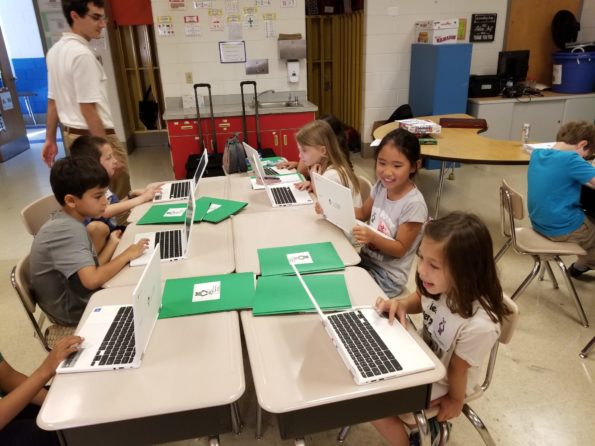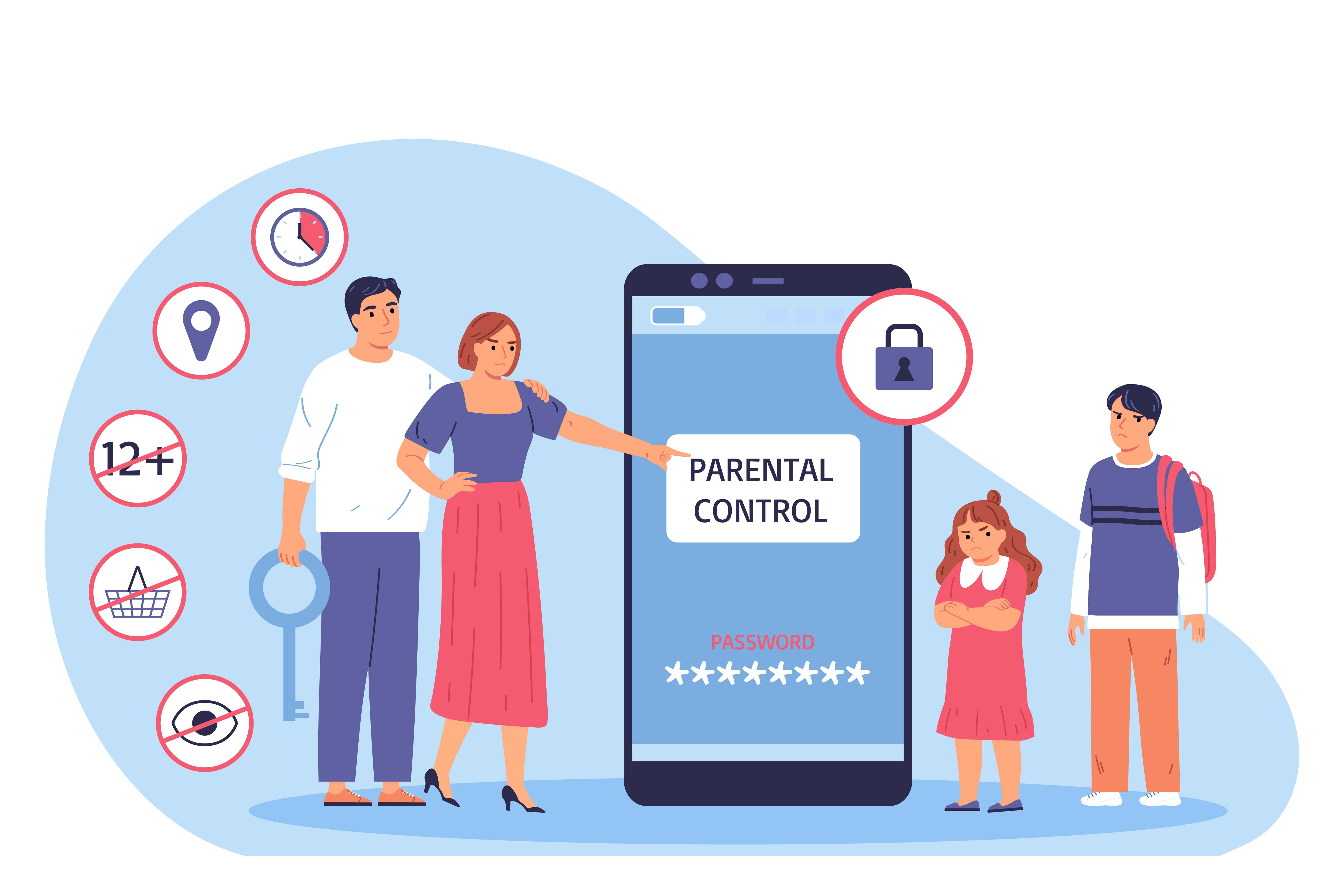Programming Fun for Young Minds: Elementary School Adventures

Unleashing Creativity: Programming Adventures for Elementary Schoolers
In the digital age, introducing programming to elementary schoolers is not just about preparing them for the future; it’s about fostering creativity, problem-solving skills, and a love for learning. This article explores the exciting world of programming for young minds, emphasizing its benefits and offering insights into effective educational approaches.
The Importance of Early Exposure to Programming
Early exposure to programming lays a foundation for logical thinking and problem-solving, skills that are valuable across various disciplines. For elementary schoolers, the journey into the world of coding can begin with simple and engaging activities that spark curiosity and creativity. These early experiences can shape a child’s perspective on technology and empower them to become creators rather than just consumers.
Interactive Learning: Making Programming Accessible and Fun
The key to successful programming education for elementary schoolers lies in making it accessible and enjoyable. Interactive platforms like Scratch, Blockly, and Code.org are designed specifically for young learners, offering a visual and intuitive approach to coding. Through interactive games and activities, children can grasp fundamental programming concepts in a playful and enjoyable manner.
Creativity Unleashed: Coding as a Tool for Expression
Programming is not just about lines of code; it’s a medium for self-expression and creativity. Elementary schoolers can use coding to create their own stories, animations, and games. This process not only hones their technical skills but also encourages imaginative thinking. As children see their ideas come to life through code, they develop a sense of accomplishment and a passion for exploration.
Building Problem-Solving Skills through Coding Challenges
Programming introduces young minds to the concept of breaking down problems into smaller, manageable parts. Coding challenges and puzzles provide opportunities for elementary schoolers to apply critical thinking skills, fostering resilience and perseverance. These challenges serve as stepping stones, preparing them for more complex problem-solving tasks in the future.
Parental Involvement: Nurturing a Love for Coding at Home
The support of parents is instrumental in nurturing a child’s interest in programming. Parents can engage in coding activities with their children, turning it into a shared learning experience. This not only strengthens the parent-child bond but also reinforces the idea that coding is a skill worth exploring and mastering. Online resources and coding platforms make it easy for parents to get involved, even with limited technical knowledge.
Programming for Elementary Schoolers: Fostering Collaboration in the Classroom
While programming is often seen as an individual pursuit, it also offers opportunities for collaboration in the classroom. Group coding projects enable elementary schoolers to work together, share ideas, and learn from each other. This collaborative approach not only enhances their coding skills but also develops teamwork and communication – essential skills for the 21st-century learner.
Adapting to Individual Learning Styles: Inclusive Programming Education
Every child is unique, and their learning styles vary. Inclusive programming education acknowledges these differences and adapts teaching methods to cater to individual needs. Educators can employ a variety of resources, including visual aids, hands-on activities, and interactive projects, ensuring that programming education is accessible and beneficial to every elementary schooler.
Programming for Elementary Schoolers: A Gateway to STEM Education
Programming serves as a gateway to broader STEM (Science, Technology, Engineering, and Mathematics) education. By exposing elementary schoolers to coding, educators lay the groundwork for future exploration in STEM fields. The problem-solving and analytical skills acquired through programming form a solid foundation for more advanced scientific and technological pursuits.
Learn more about Programming for elementary schoolers and ignite the spark of curiosity and creativity in young minds.
In conclusion, programming for elementary schoolers is not just about learning to code; it’s about cultivating a mindset of curiosity, creativity, and problem-solving. As educators, parents, and caregivers collaborate to provide interactive and inclusive programming experiences, they empower young learners to navigate the digital landscape with confidence and enthusiasm. The journey into programming becomes a formative adventure, setting the stage for a future where these elementary schoolers can thrive in the dynamic world of technology.



